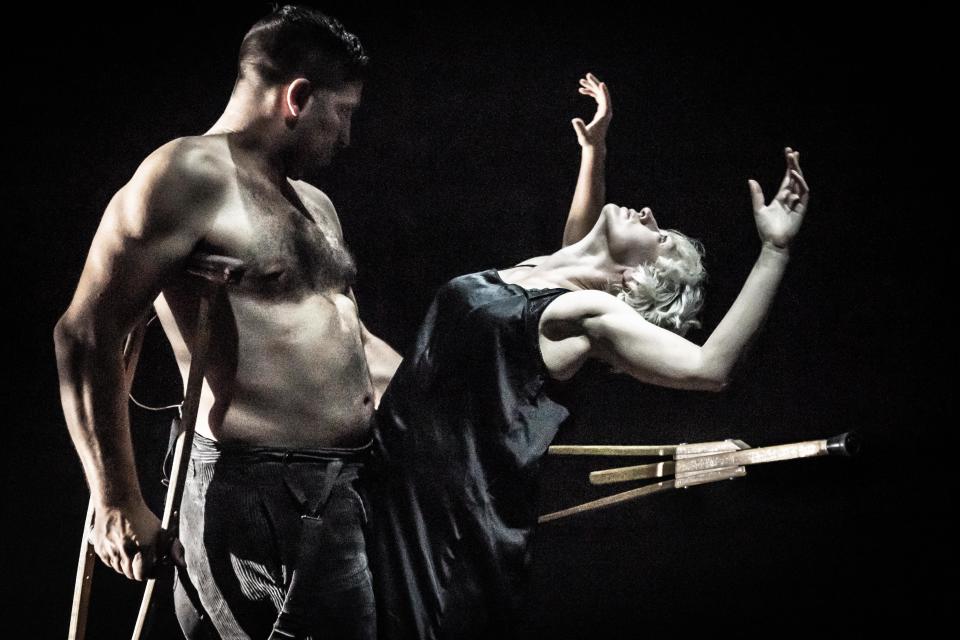Missing Julie review – passion fights politics in laden Strindberg update

Kaite O’Reilly’s new adaptation of August Strindberg’s 1888 play Miss Julie relocates the action from rural Sweden to a country house in Wales “four years after the Great War”. Aspects of this updating feel clumsy, with characters explaining the social, political and economic conditions of the day to one another, too often sounding more like pamphlets than people. The dynamics are weakened by a reworking of the relationships. Gone is the love/sex triangle between daughter of the house, Miss Julie, the servant John, and his fiancee, fellow servant Christine (severe and snooping Catrin Aaron), who is translated into a grieving war widow, surrogate mother to John. The dramatic form, veering away from tragedy, ricochets between thesis play and melodrama (highlighted in Jasmin Kent Rodgman’s sometimes intrusive sound design, as when piano tinkles and strings swell loudly during Julie and John’s onstage lovemaking).
The adaptation, as with the Strindberg, has Julie’s character shaped by the conflicting influences of her traditionalist father and feminist mother. Georgia Lowe’s design emblematises this conflict: Julie’s upper body is fitted with tailored jacket, shirt and tie, while below her waist a ruffled maxi-skirt floats and flounces. On her entrance into the kitchen, flushed from dancing at the servants’ May Day celebration, Julie flies towards John, hands grasping for him like claws – she will later be compared to a red kite (an impressively intense performance by Heledd Gwynn). John, no longer Julie’s father’s valet, is now a boot boy who moves on crutches, having lost the lower part of one leg in an accident before the war (one of O’Reilly’s aims as a playwright is to present the lived experience of disability on stage). John’s rapacious self-centredness is lessened; his attitudes more politicised (in Tim Pritchett’s measured, soft-voiced portrayal).
The passion between Julie and John is credible, the impediments to its continuation less so: opportunities for women in the UK in 1922 were few, but more than Julie, here, supposes. At the close of the action she is – as in the original – incapable of deciding what to do with her life unless instructed by a man. O’Reilly’s adaptation, in Chelsea Walker’s staging, leaves the problematic misogyny at the core of Strindberg’s play disappointingly intact.

 Yahoo Finance
Yahoo Finance 